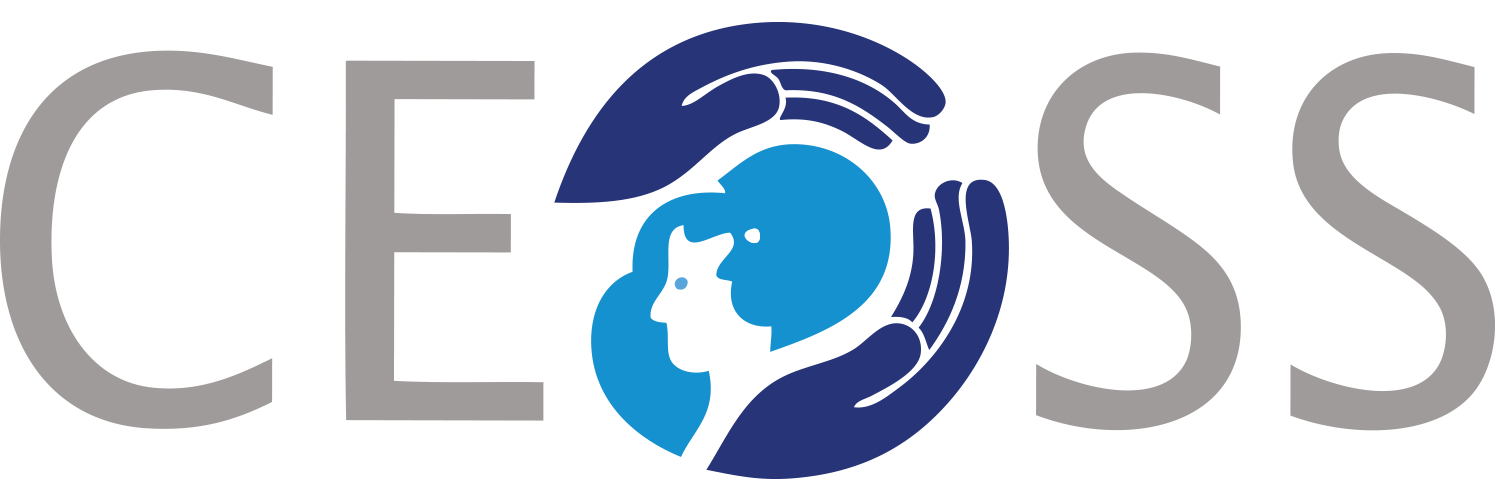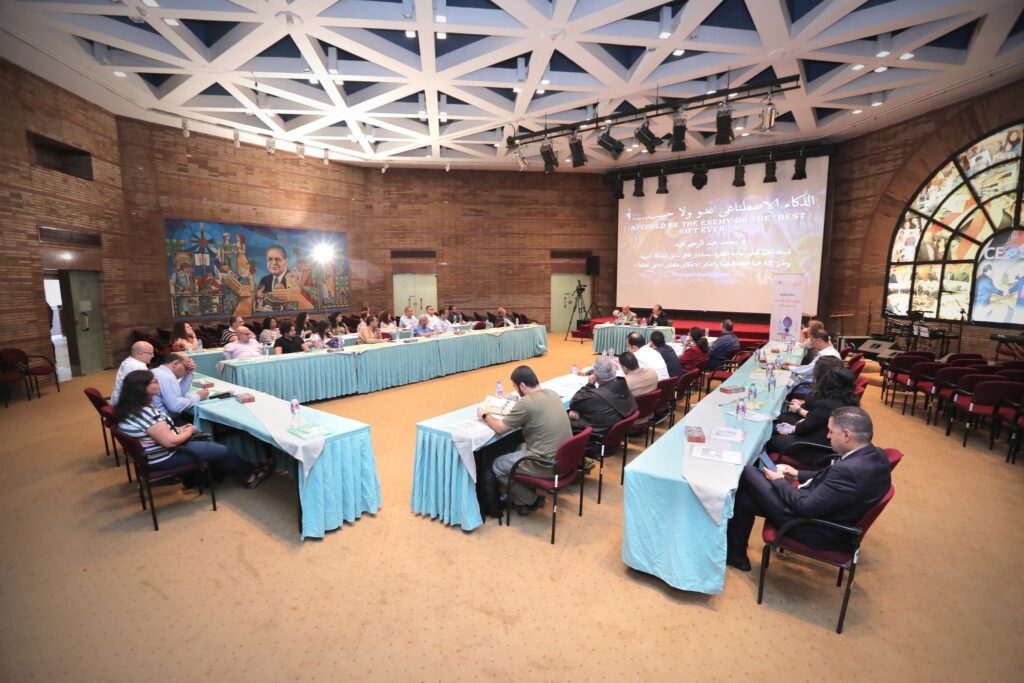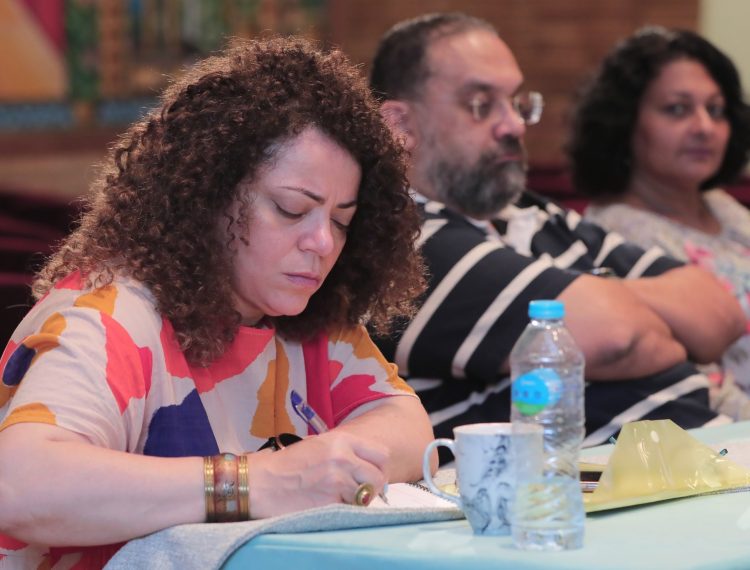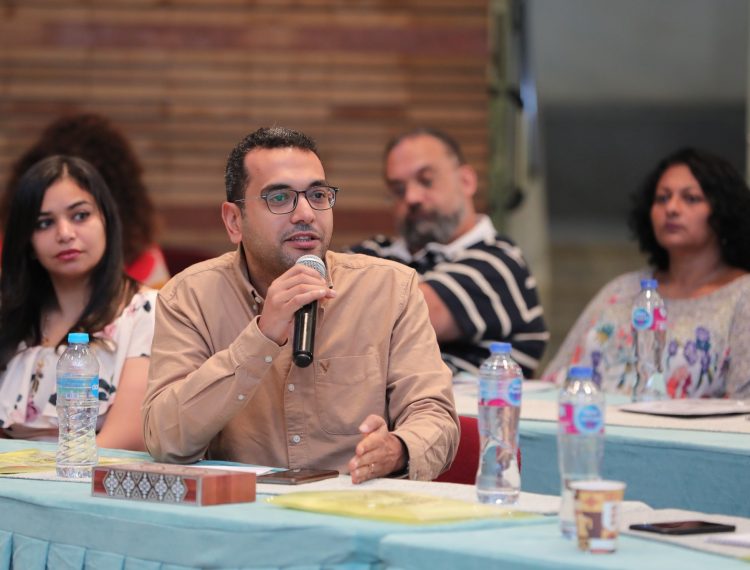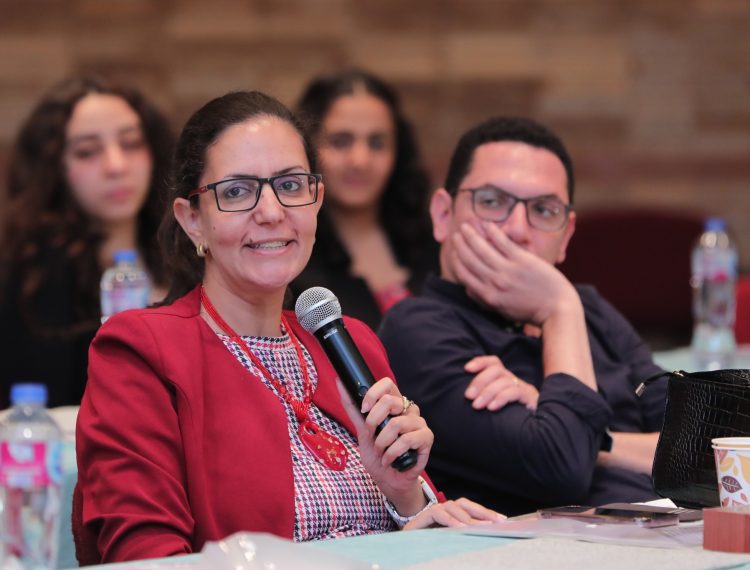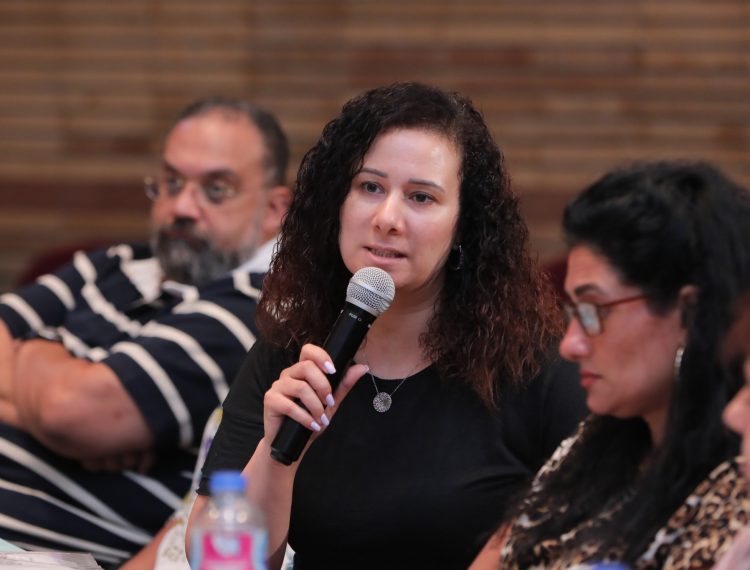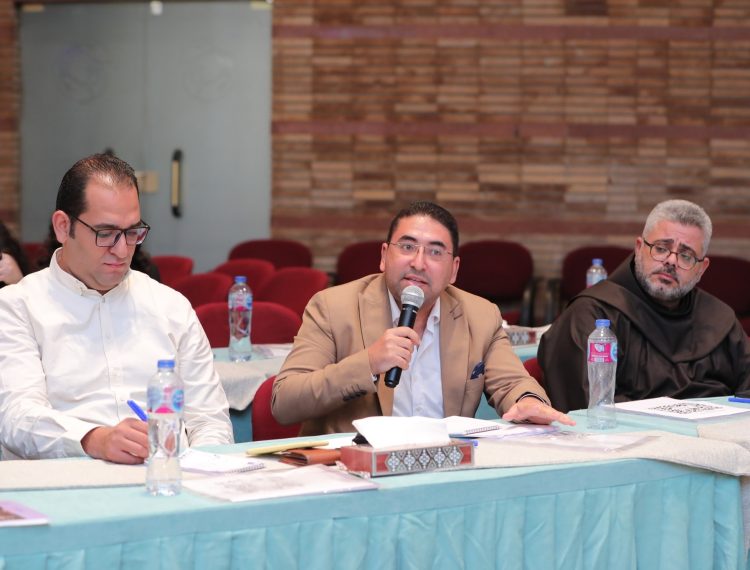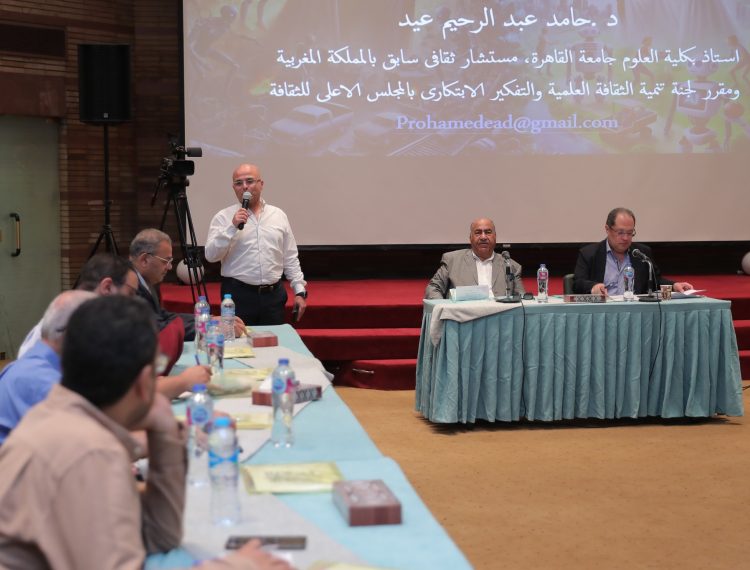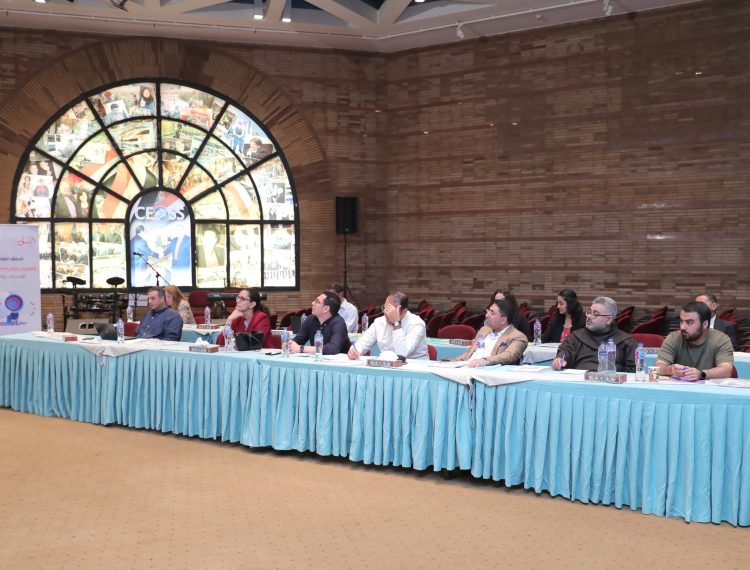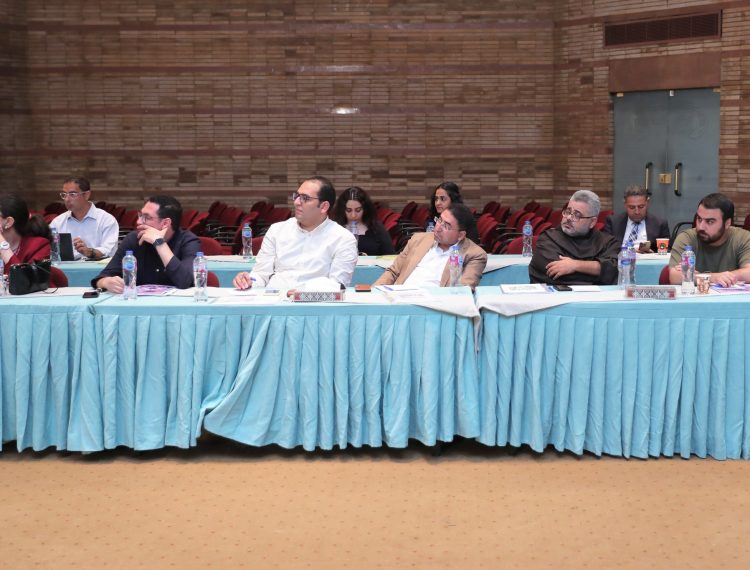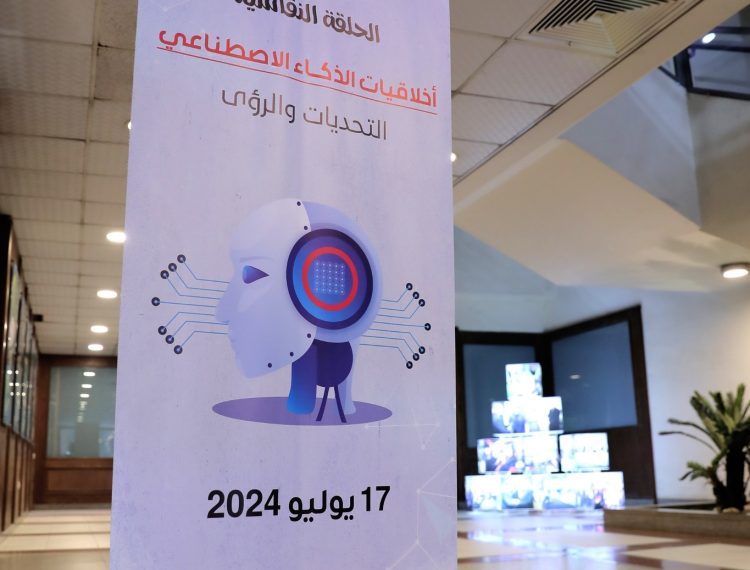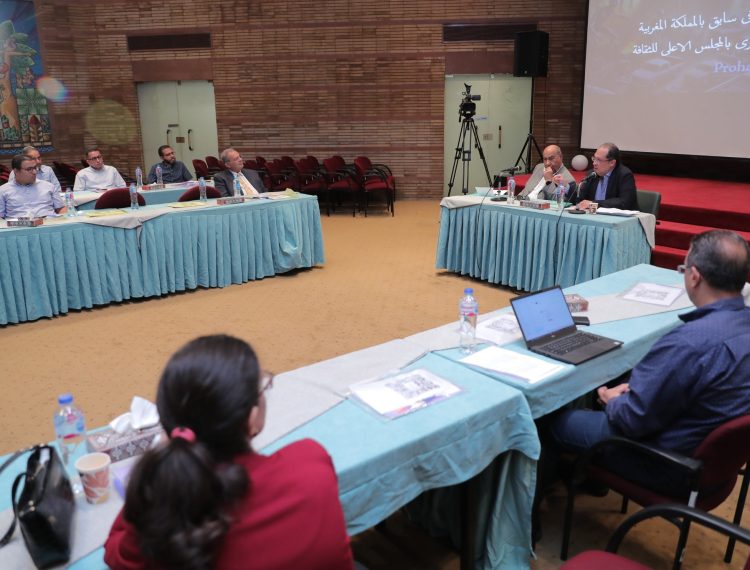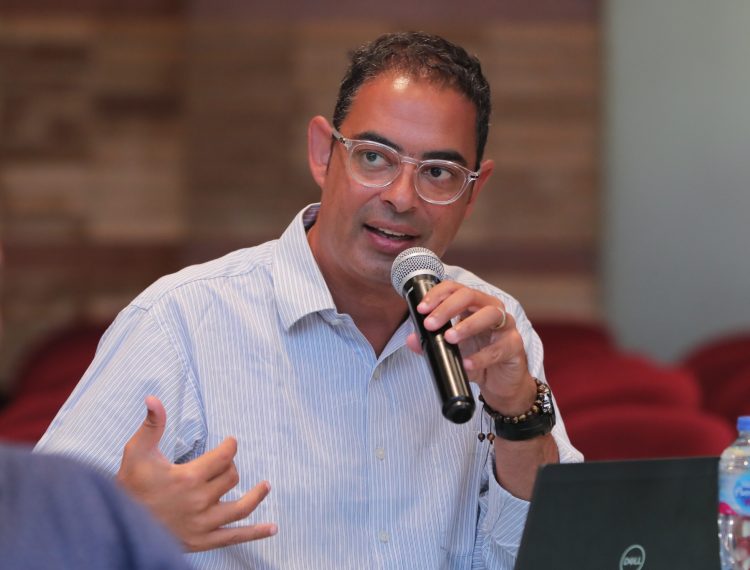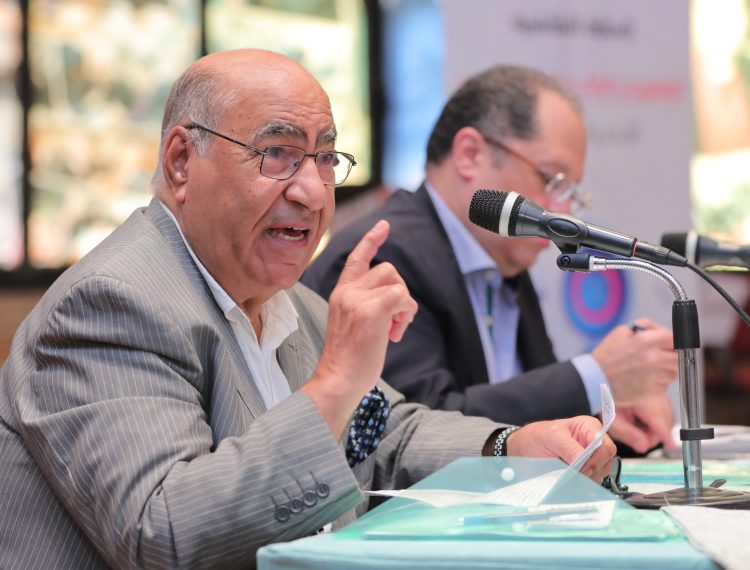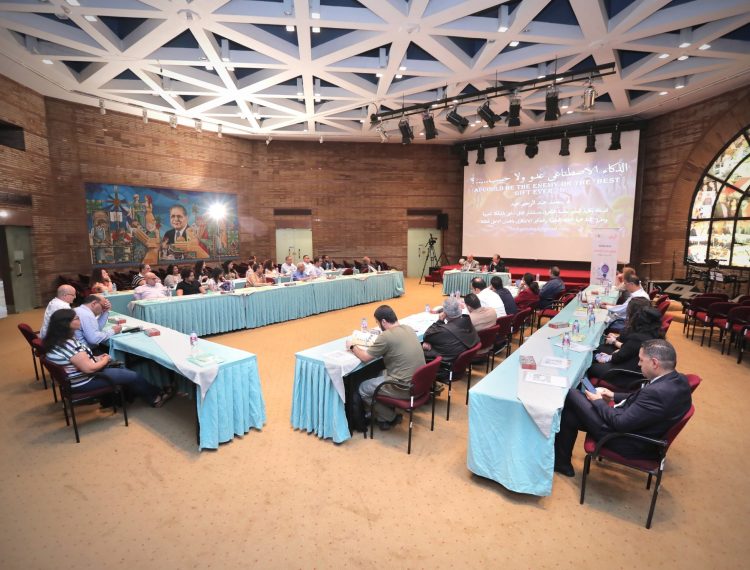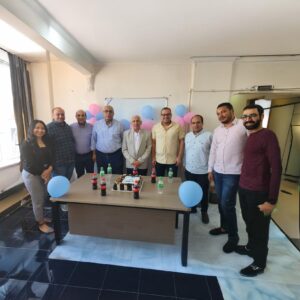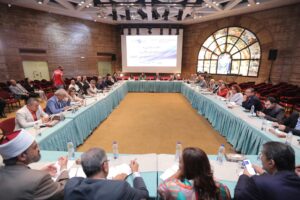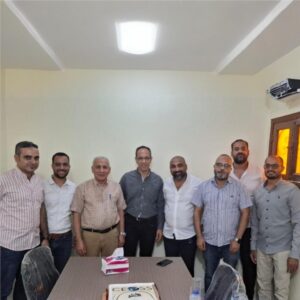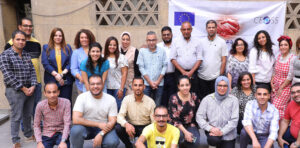The Evangelical Organization organizes a panel discussion on the ethics of artificial intelligence.
On Wednesday, Al-Nusour magazine, published by the Coptic Evangelical Organization for Social Services, held a panel discussion titled “The Ethics of Artificial Intelligence: Challenges and Perspectives.” The event was attended by Dr. Reverend Andre Zaki, President of the Evangelical Community in Egypt and President of the Coptic Evangelical Organization for Social Services; Dr. Hamed Abdel Rahim, Professor at the Faculty of Science, Cairo University, and Rapporteur of the Committee for the Development of Scientific Culture and Innovative Thinking at the Supreme Council of Culture; Mr. Hani Labib, Editor-in-Chief of Mobtada website and Editorial Advisor for Al-Nusour magazine; Reverend Mohsen Mounir and Reverend Eid Salah, Editors-in-Chief of Al-Nusour magazine; Mr. Emad Adly, Head of the Media and Artistic Production Sector at the organization; along with several leaders, researchers, and clergy members from the organization.
In his opening remarks, Dr. Reverend Andre Zaki welcomed the attendees, emphasizing, “Artificial intelligence is the new transformative force in the world, and it is crucial for specialists to study this promising field to harness its benefits.”
Dr. Hamed Abdel Rahim stated, “The use of artificial intelligence creates new opportunities in various fields and also presents us with ethical and legal challenges. There is a need for new legislation and the emphasis that artificial intelligence is a tool that should be exploited to develop many areas, especially medical and educational fields,” adding, “The future use of these tools depends on our choices.”
Mr. Hani Labib highlighted, “The development of artificial intelligence tools places humanity before questions concerning the extent to which these tools intersect with human rights, digital surveillance, and the media,” pointing out, “These questions still require comprehensive answers that need significant research efforts from specialists.”
